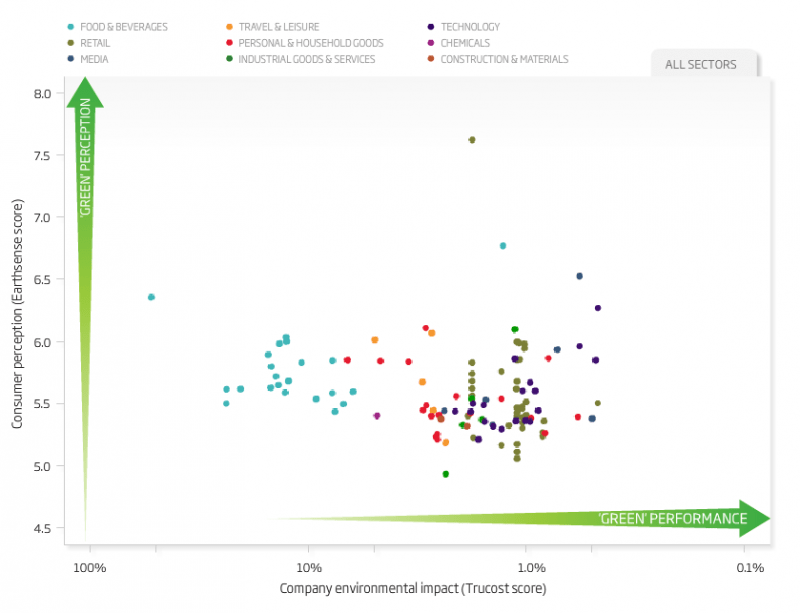
Mother Jones guest blogger Mark Armstrong is the founder of Longreads, a site devoted to uncovering the best long-form nonfiction articles available online. And what better time to curl up with a great read than over the weekend? Below, a hand-picked bouquet of five interesting stories, including word count and approximate reading time. (Readers can also subscribe to The Top 5 Longreads of the Week by clicking here.)
1. How to Be a Woman in Any Boy’s Club | Molly Lambert | This Recording | Feb. 22, 2011 | 11 minutes (2,825 words)
A definitive “manifesto/handbook” on the common traps awaiting women who live and work in male-dominated environments (which, Lambert points out, is still most places). Some starter advice: The “other woman” in a boy’s club is never your enemy:
“‘What If I Love Being The Only Girl In The Boys Club?’ Megan Fox Syndrome, aka Wendy from Peter Pan. It is the delusion that you can become an official part of the boys’ club if you are its strictest enforcer, its most useful prole. That if you follow the rules exactly you can become the Official Woman. If you refuse other women admission you are denying that other women are talented, which makes you just as bad as any boys’ club for thinking there would only be one talented girl at a time.
“You will never actually be part of the boys’ club, because you are a woman. You are Ray Liotta in ‘Goodfellas.’ You are not Italian, therefore you are never going to get made. And you don’t want to be a part of the boys’ club, because it is dedicated to preserving its own privilege at your expense. Why wouldn’t you want to know and endorse the work of other women who share your interests? How insecure are you?”
More from This Recording: “Why and How to Write” (October 2010)
2. The Stutterer: How He Makes His Voice Heard | Nathan Heller | Slate | Feb. 22, 2011 | 13 minutes (3,176 words)
Oscar-nominated “The King’s Speech” raises more questions about stuttering—setting up Heller’s vivid, personal reflection on what it feels like from the inside. There are the physical limitations, but also the emotional side effects of walking into what should otherwise be a harmless, casual conversation, dodging words and sounds that are too tricky:
“I will probably always be tempted to apologize, or else to pretend that the problem doesn’t exist. If there’s pain to this disorder, it is not from looking silly—that is easy to get used to, easy to forget. What’s harder is the difficulty breaking through, working your way into those hidden chambers where social transcendence takes place and lives are made. It is one thing, after all, to go passably through the motions of everyday discussion: making small talk over lunch, putting in phone calls, eking out a decent story at a cocktail party. It’s another to run fast through the tight, quieter, moonlit streets of banter or seduction using speech that feels as dexterous as a loaded bus. Of all the minor pricks and pinches stuttering has given to me over time, the only ones that still sting are the moments when I’ve watched people kick off their heels and steal into that dark maze with the realization that I won’t be able to follow them apace. To stutter is to be perpetually caught in what some people like to call ‘nostalgia for the present.'”
3. ‘I’m Glad I Went to Prison’ | L. Jon Wertheim | Sports Illustrated | Feb. 24, 2011 | 16 minutes (4,044 words)
A rehabilitation-in-progress—and still many unanswered questions—for former NHL player Mike Danton, who went to prison for trying to hire someone to murder his youth hockey coach. He’s now back in school, playing hockey again, and still struggling to explain how he let his life take such a horrible turn:
Danton’s major is psychology. He’s reading Jung, Piaget and Freud—”I think Freud’s the one who needed psychoanalysis,” he says—studying the mysteries of the human mind. “It’s amazing how important the brain is, how it controls so much,” he says. “We do this because of that, that because of this. Just fascinating.”
He entered school with vague ambitions of returning to his previous career, that of a grinding forward in the NHL. Although he still would one day like to play professional hockey again, now his long-term goal is to earn a Ph.D. in psychology. His professors say that’s no pipe dream. “He’s an absolutely outstanding student. He handed in a paper that I can freely say is one of the best I’ve gotten in my years of teaching,” says St. Mary’s psychology professor Lucie Kocum, who taught Danton’s research methods course. “He has a self-exacting approach, but he brings this exuberance to class.”
Is it too simplistic, Danton is asked, to assume that he’s enthralled with psychology because of everything he’s been through?
“Yeah,” he says. “But if I were you, I’d put it in the story anyway. I mean, how can you not?”
More from SI: “A Good Man Down” (Lee Jenkins, Sports Illustrated, 2009)
4. Teodorin’s World: Meet the World’s Richest Minister of Agriculture | Ken Silverstein | Foreign Policy | Feb. 23, 2011 | 20 minutes (4,983 words)
Inside the “lavish,” “debauched” and corrupt lifestyle of Teodoro Nguema Obiang Mangue, the son of the dictator of Equatorial Guinea—a small country that’s also the third largest oil producer in sub-Saharan Africa. Beyond the all-night parties, Playboy bunnies, 15,000-square-foot Malibu mansion and $2 million Bugatti, there’s the larger question of whether the U.S. is ignoring criminal activity as Teodoro has used shell companies to funnel more than $100 million into the United States:
“No formal action against Teodorin has been taken, despite an investigation whose stated goal, according to one of the Justice Department documents, was to shut down the flow of money into the United States ‘obtained through kleptocracy’ by the Obiangs. Why? U.S. officials declined to discuss the ongoing cases on the record or speak harshly about Equatorial Guinea; it certainly appears to be the familiar story of a U.S. government unwilling to offend an important oil partner—the same coddling that has produced such stellar results in the past with Saudi Arabia and other energy-rich, democracy-poor Middle East allies. The Obama administration last year did help block UNESCO, the U.N. cultural agency, from accepting $3 million from Obiang to endow a science prize in his name—but only after a public outcry raised by media reports calling attention to a prize the United States had previously been willing to overlook.”
More Ken Silverstein: “The Radioactive Boy Scout” (Harper’s, November 1998)
5. Inside the Multimillion-Dollar Essay Test-Scoring Business | Jessica Lussenhop | Minneapolis City Pages | Feb. 22, 2011 | 13 minutes (3,189 words)
Profiles of the people who are grading your children’s standardized essay tests. Quotes from former workers who didn’t take the job seriously, though other accounts describe serious consideration and safeguards for essay-grading, despite arguments over whether a test’s rubric is too inflexible:
“Then came the question from hell out of Louisiana: ‘What are the qualities of a good leader?’
“One student wrote, ‘Martin Luther King Jr. was a good leader.’ With artfulness far beyond the student’s age, the essay delved into King’s history with the civil rights movement, pointing out the key moments that had shown his leadership.
“There was just one problem: It didn’t fit the rubric. The rubric liked a longer essay, with multiple sentences lauding key qualities of leadership such as ‘honesty’ and ‘inspires people.’ This essay was incredibly concise, but got its point across. Nevertheless, the rubric said it was a 2. Puthoff knew it was a 2.
“He hesitated the way he had been specifically trained not to. Then he hit, ‘3.’
“It didn’t take long before a supervisor was in his face. He leaned down with a printout of the King essay.
“‘This really isn’t a 3-style paper,’ the supervisor said.”
More from Jessica Lussenhop: “40 Years Later, the History of ‘Oregon Trail'” (Jan. 2011)
Got a favorite Longread? Share it on Twitter (#longreads) or email it: mark@longreads.com
Thanks for your support. Click here to become a Longreads sponsor.















